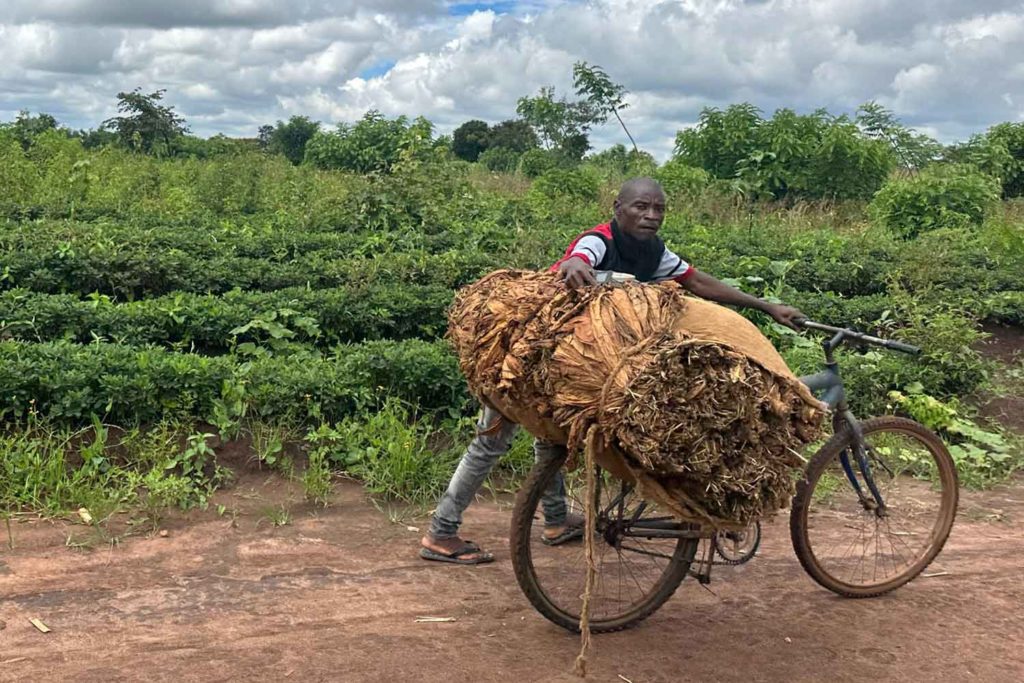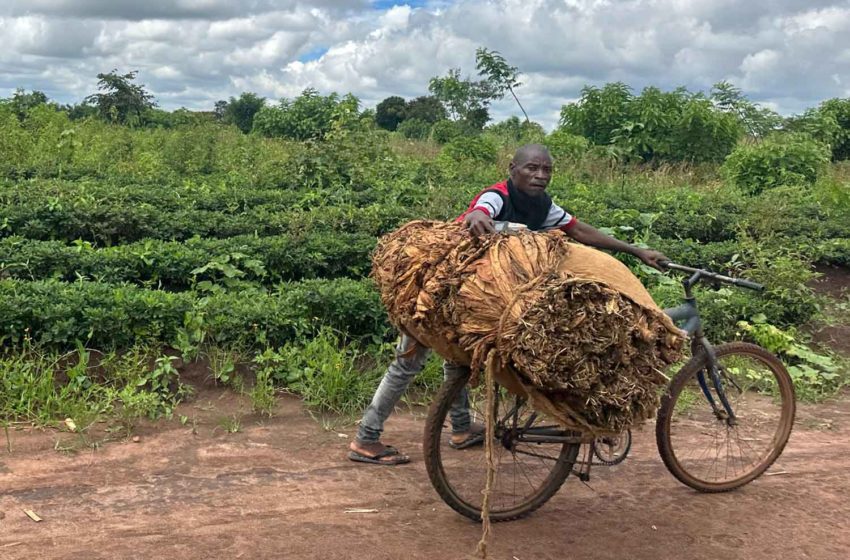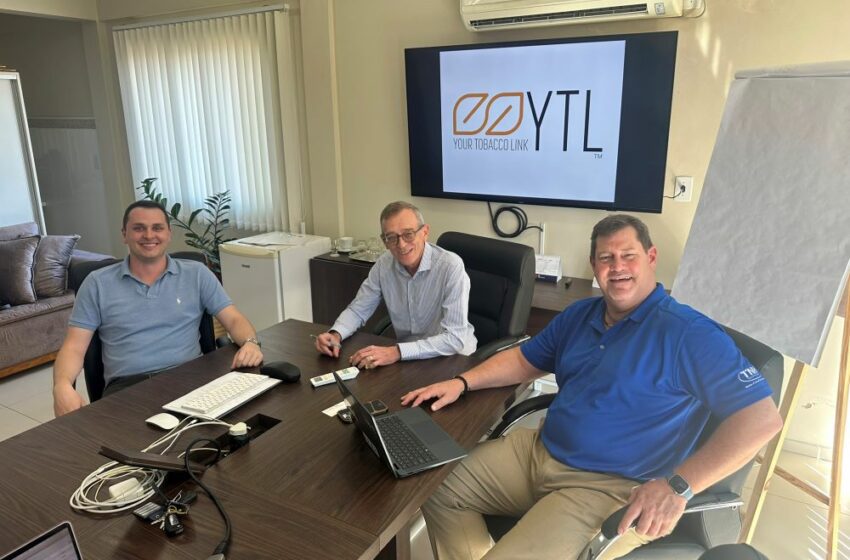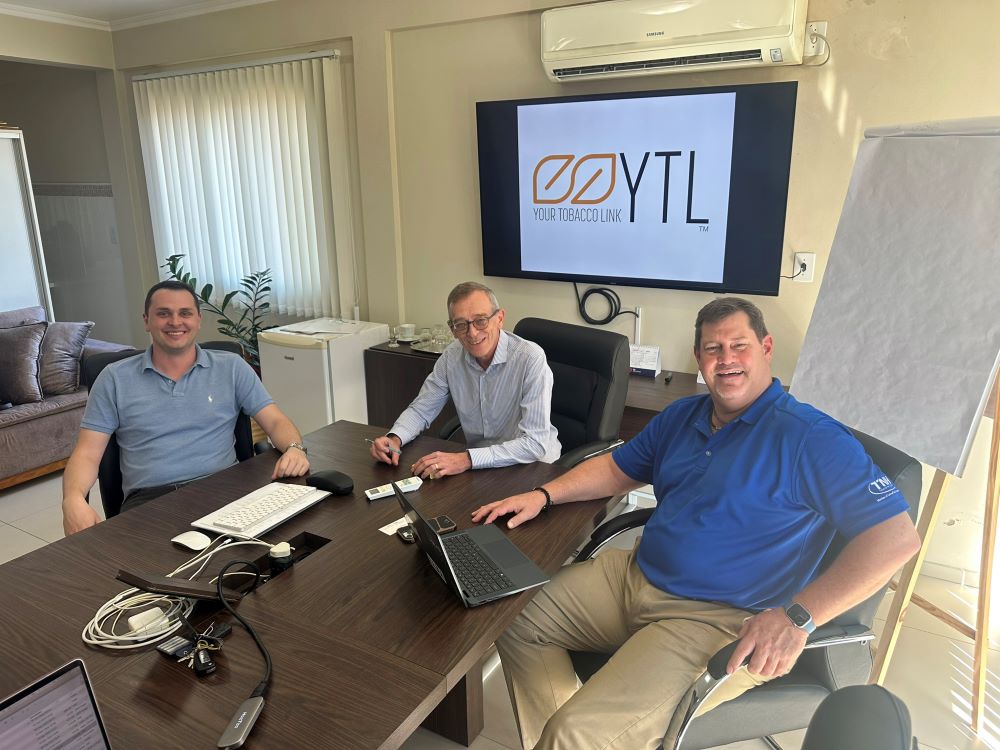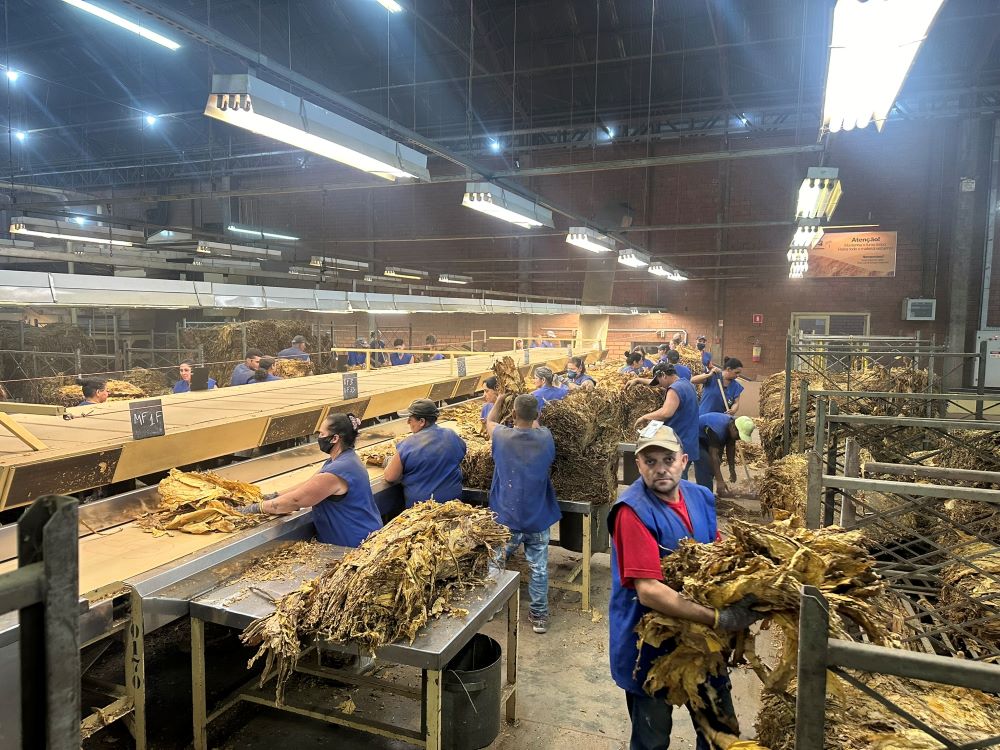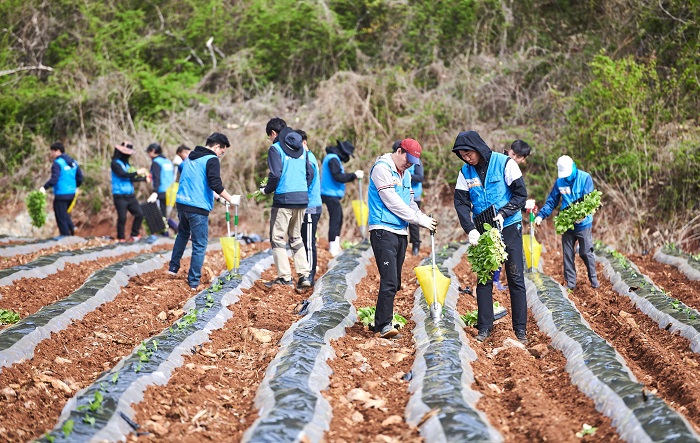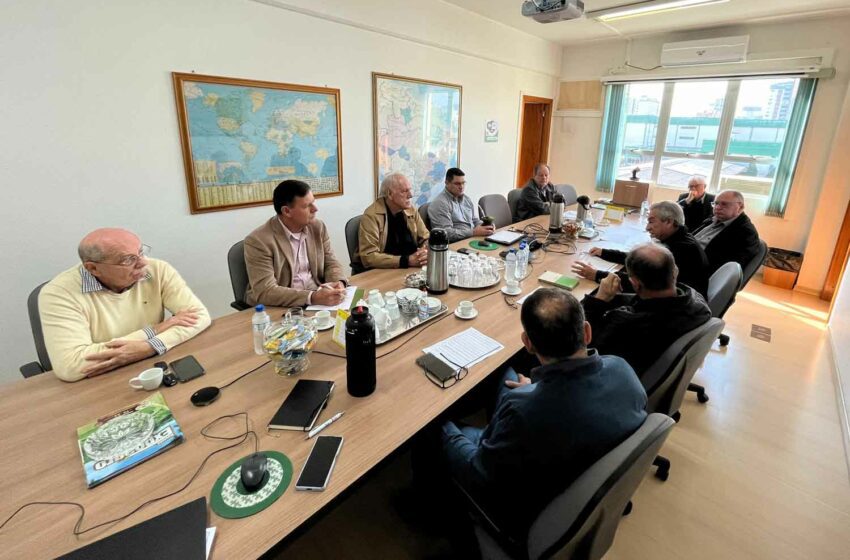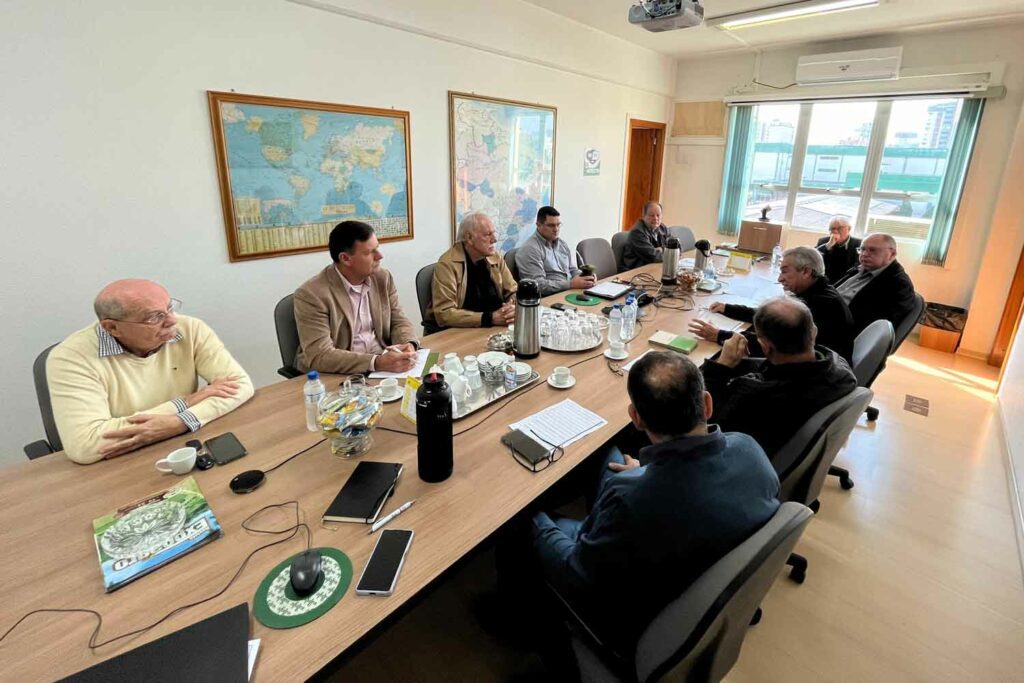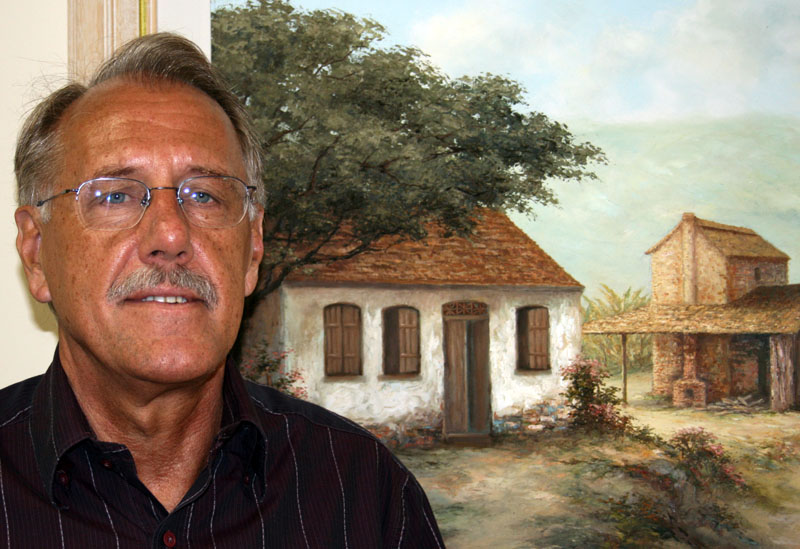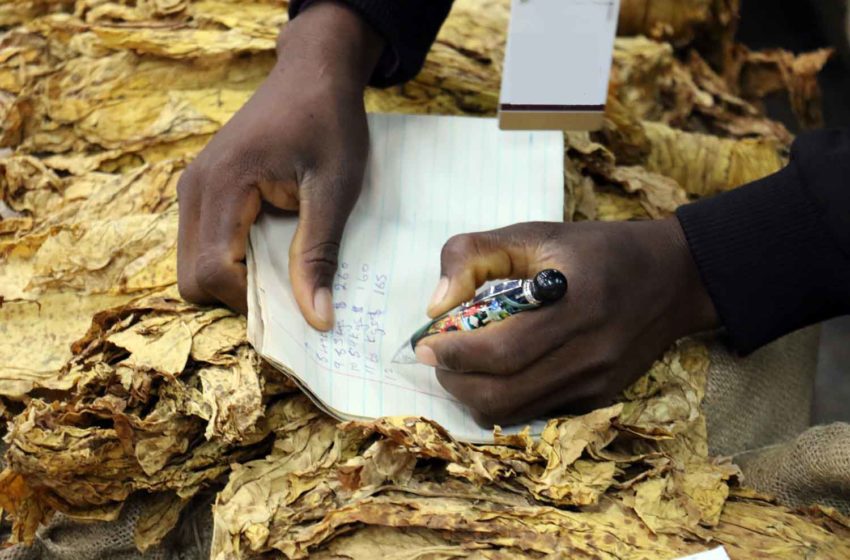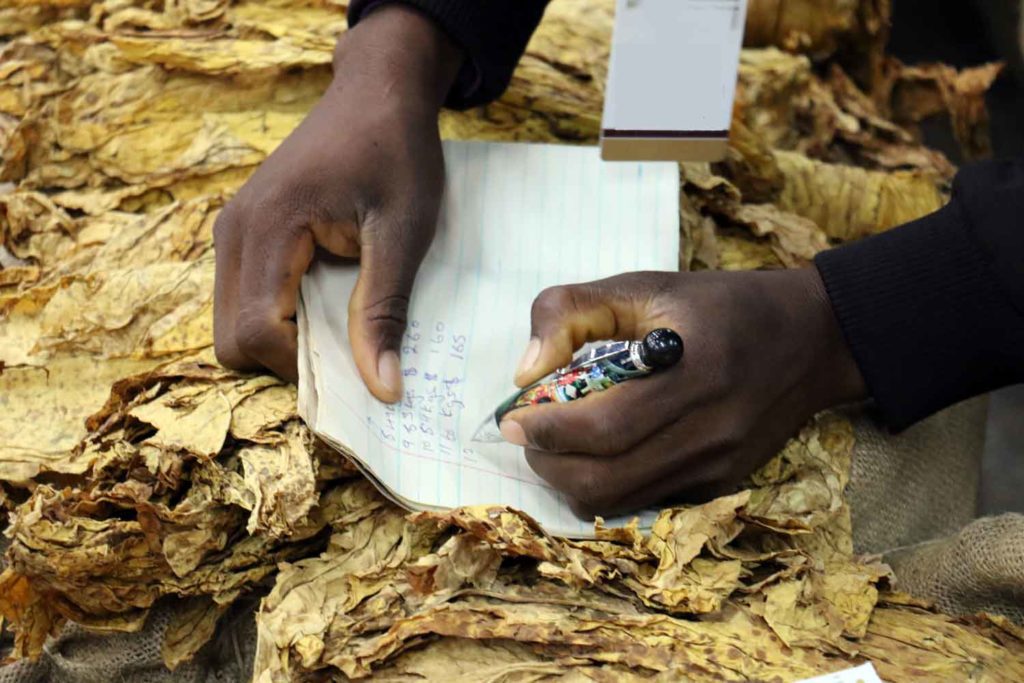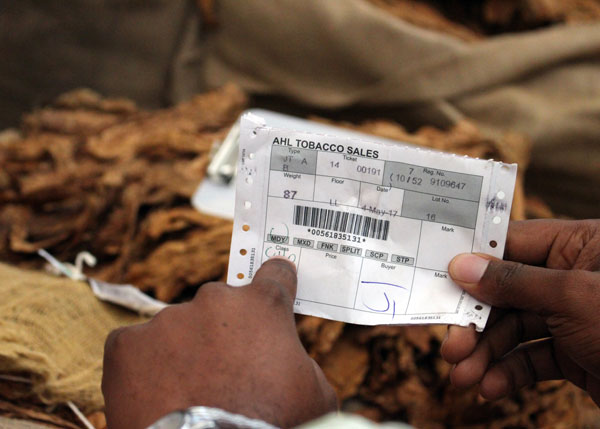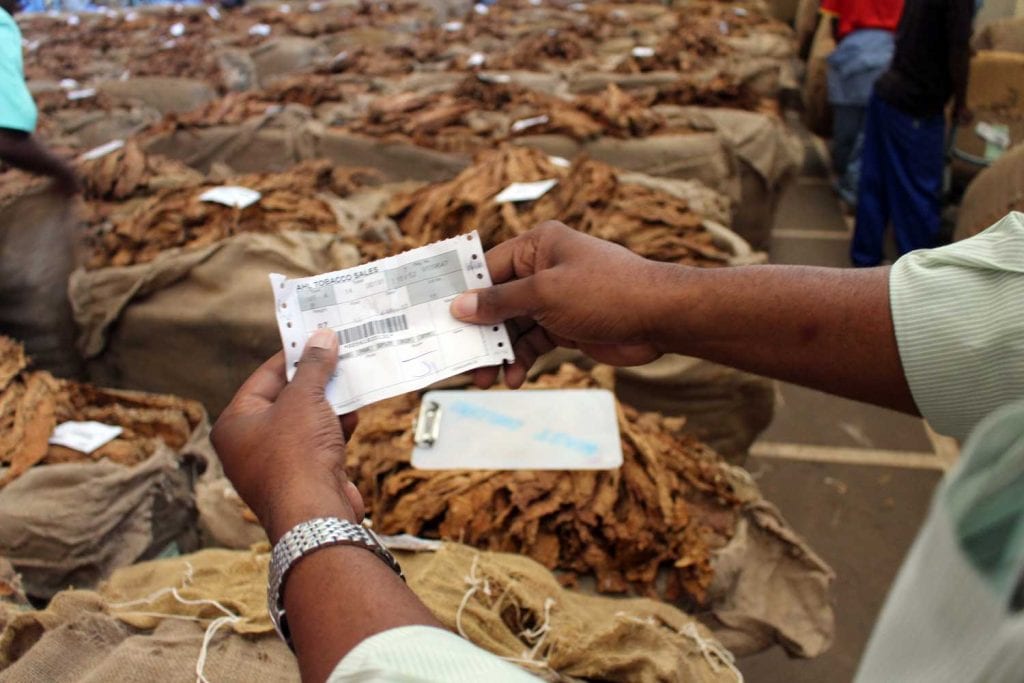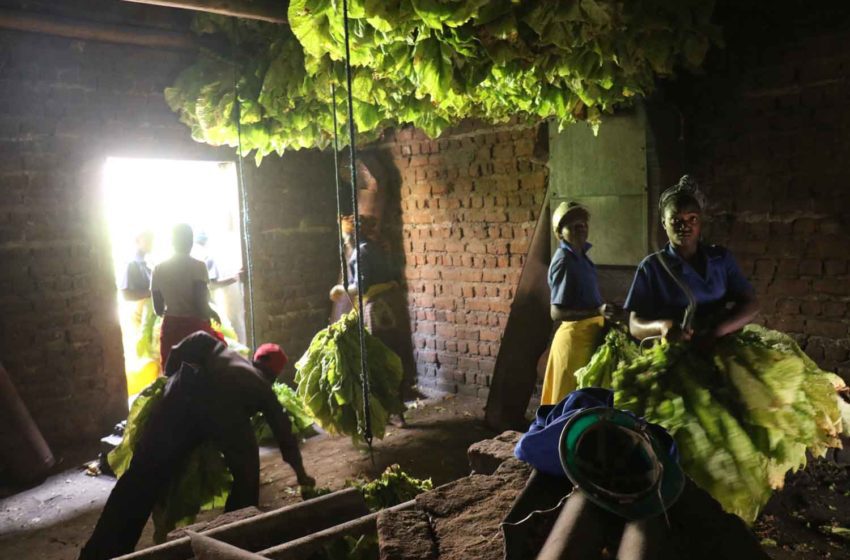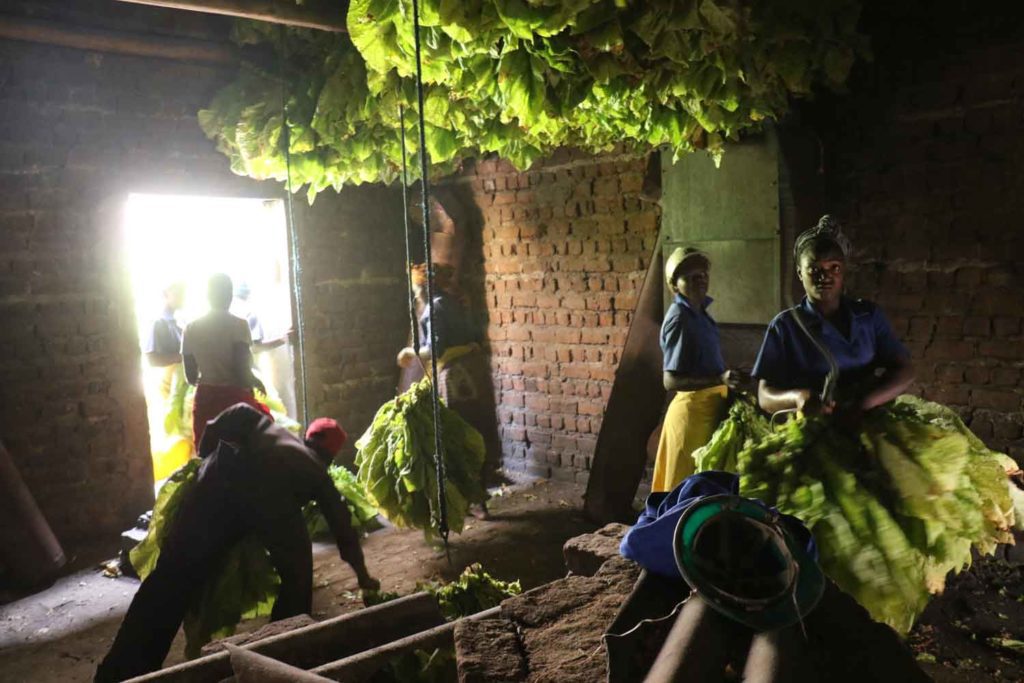Because of its wide variety of sourcing areas, YTL can offer customers substitutes when supply in one area is either short or expensive, or both, as was the case in Brazil this season (see “The Great Scramble,” Tobacco Reporter, May 2024). “We have not only the ability to offer those alternatives but also the knowledge to guide customers to the appropriate replacements—that you can replace BO1 grades from Brazil with Chinese tobacco from the Hainan region, for example,” says Demeulemeester.
Rather than focusing on individual transactions, YTL is keen to establish long-term, friendly working relationships with its customers. “We will take the job from A to Z,” says Demeulemeester. “To us, business is about more than just buying the best quality for the best price. We can help with logistics or propose better freight rates, for example; you will be surprised how creative we can be.”
Low overheads and short communication lines are additional advantages. “We are very flexible and quick to act,” says Barker, explaining that what the company’s sales team lacks in size it compensates for with ambition. To keep down its expenses, YTL outsources leaf processing. This marketing season, it contracted with Brasfumo in Venancio Aires, but the company has worked with other partners as well. Pointing to the excess capacity in southern Brazil, Barker says third-party processing is a sensible and cost-effective solution for YTL and its customers.
As in every merger, both parties faced a learning curve as the companies came together. For Barker, the deal presented an opportunity to learn about new tobacco origins, including some he wasn’t aware of before as leaf suppliers. “Azerbaijan, for example, is a little gold mine with a very solid supply chain,” he says. “I didn’t even know they grew tobacco.” To familiarize himself with all those areas, Barker traveled more in 2022 than he had in many years. “It’s been an exciting journey for me,” he says, stressing the continued importance of face-to-face meetings even in the Zoom era. The TTS team, in turn, was impressed by the dexterity of JEB’s operations. “The decision-making process is much quicker at JEB,” says Demeulemeester. “That’s definitely a plus point for the customer.”
The merger remains a work in progress. Tobacco is a notoriously conservative business, and some customers need time to approve new suppliers, even if they have known the people running those businesses for many years. For the time being, customers of YTL’s predecessor companies will have the option to continue doing business with either JEB or TTS. “The Idea is to eventually have everything under one umbrella—but if needed, we still have the mechanisms to use both JEB and TTS,” says Barker, who expects the merger to be fully completed within a year.
In the meantime, YTL is already thinking about the future. Among other projects, the company is considering expanding into supplemental agricultural commodities, such as hemp fiber and industrial hemp. Such initiatives will provide the firm with additional streams of income in the medium term while also protecting it against the impact of declining global cigarette sales in the long run.
This, in turn, fits well with the partners’ shared ambition to leave a legacy. “Our goal is to create a sustainable company where our youngsters will have a good future,” says Barker. “The decisions we make today will have a real impact on these people and their families. Our job is to provide a stable foundation.” That means being creative and thinking outside the box while at the same time being realistic about the possibilities. “We’ll be chasing real opportunities, not rainbows,” says Barker.
